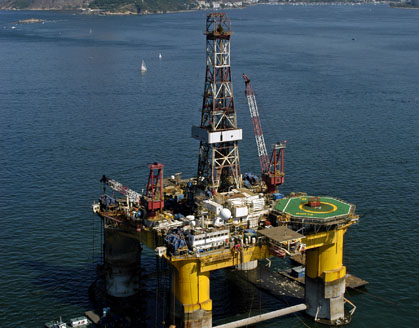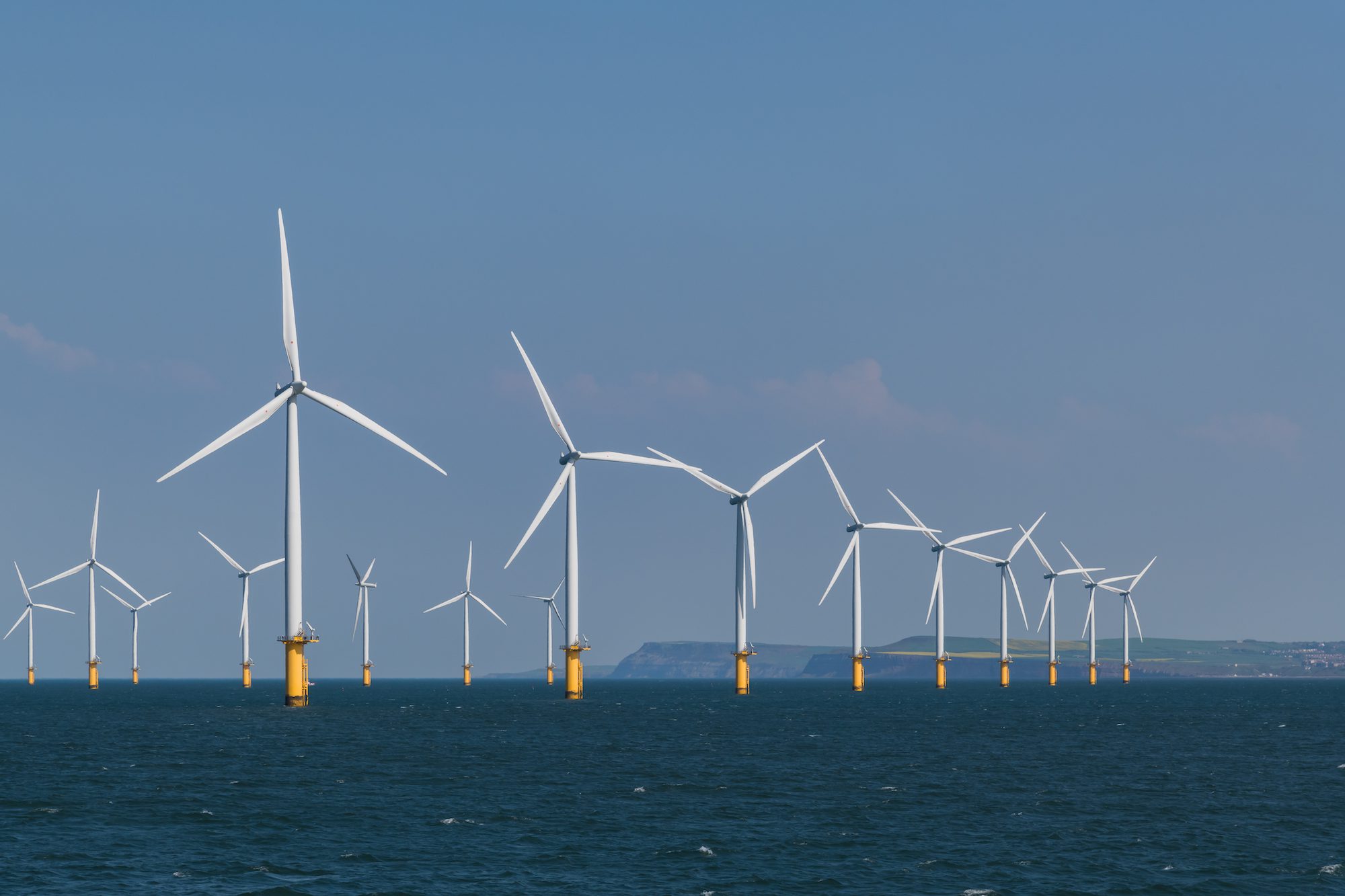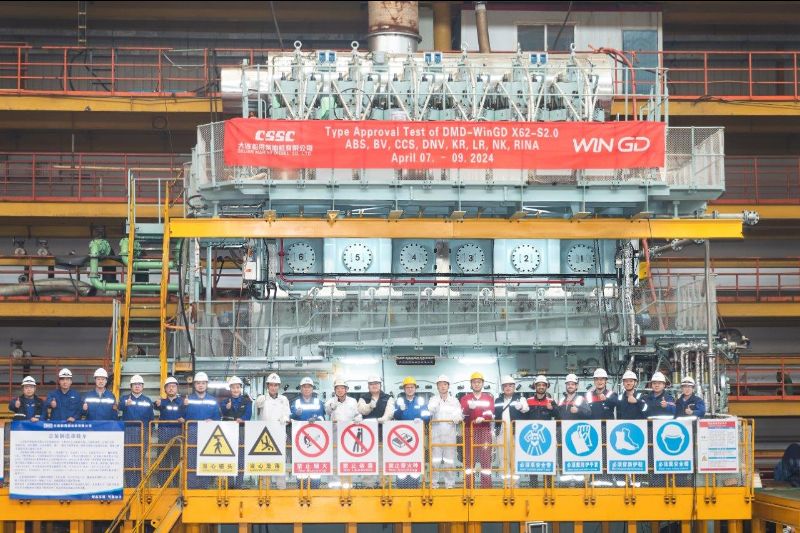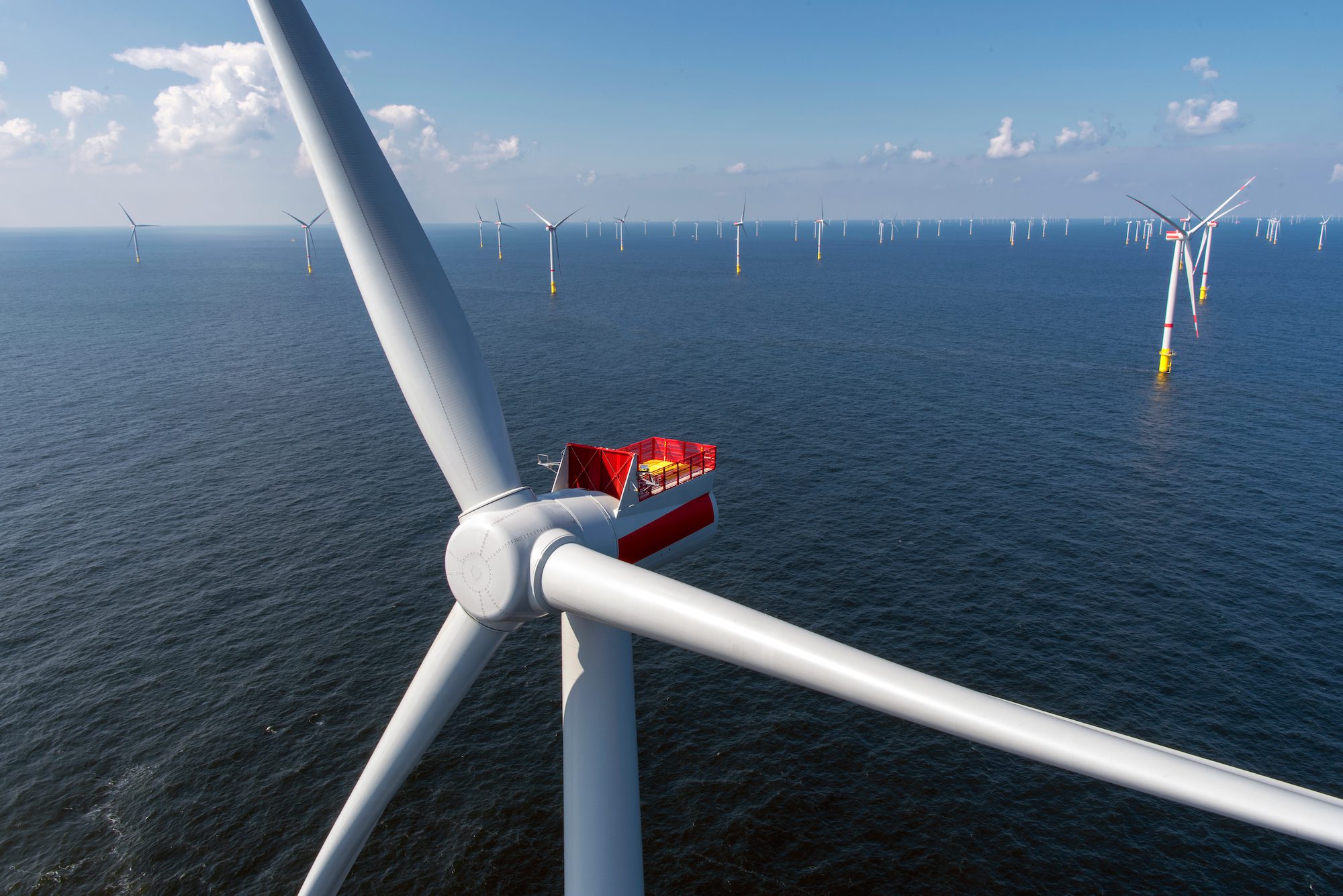U.S. officials are trying to make sure the American coastline will be protected as Cuba begins drilling a deep water oil well later this year about 60 miles off the Florida Keys.
Administration officials will tell nervous congressmen this week that the U.S. will inspect the China-made drilling rig before the Spanish energy company in charge of the project, Repsol YPF SA, moves the rig into Cuban territory.
But it remains unclear whether the U.S. government or American companies could respond if there were a disaster like the 2010 Deepwater Horizon explosion, which fouled beaches along the Gulf Coast, government and industry experts say.
Shutting off the Deepwater Horizon well took nearly three months, during which an estimated 4.9 million barrels of oil spilled into the Gulf of Mexico. If Repsol’s Cuba well, which is in slightly deeper water, experienced a blowout, the well could gush oil into the Straits of Florida, where it would be carried by the Gulfstream currents up the East Coast. The U.S. controls coastal waters as far as 200 miles from its shores, but in the narrower Straits of Florida it and Cuba have agreed to split the region equally.
Cuba has little experience with offshore oil exploration. In 2004, Cuba drilled its only other deep water well, which received little notice. Since then, the U.S. Geological Survey has said there could be a substantial amount of untapped oil off the Cuban coast. Cuba could sell the oil or use it to reduce imports from Venezuela.
The Repsol well is much closer to Florida than any other well in the region. The Gulf of Mexico is home to a big concentration of oil-industry support vessels and equipment, including new technology designed after the Deepwater Horizon spill to cap deep out-of-control wells, but because of a longstanding trade embargo, little of that could be used to fight a spill in Cuban waters.
Neither of the two companies that developed capping capability has U.S. government permission to operate in Cuba.
Marine Well Containment Co., a consortium of major oil companies including Exxon Mobil Corp. that plans to use some equipment developed to stop the Deepwater Horizon spill last year, hasn’t applied for a permit to work in Cuba, a spokeswoman said. The company is “currently structured to only provide services to the U.S. Gulf of Mexico,” she said.
Helix Energy Solutions Group Inc., a Houston-based oil-field-service company, has developed its own deep-water capping system. It is “exploring options” to use its spill-containment system in Cuba, spokesman Cameron Wallace said.
A U.S. official said the government is reviewing applications from companies to provide oil-spill services but wouldn’t provide any more details.
Even if U.S. companies receive licenses, getting needed equipment and personnel from the U.S. to Cuba will be slow and bureaucratic, warned Jorge Piñon, a visiting research fellow at Florida International University, who will be appearing along with administration officials at a hearing Tuesday before the Senate Committee on Energy and Natural Resources.
“The whole process of getting the bureaucracy in place will take valuable time,” he said, in part because the U.S. and Cuba haven’t had diplomatic relations for decades.
Repsol, which does a lot of business in the U.S., has not only agreed to let federal regulators inspect the rig before it enters Cuban waters, it has agreed to share detailed exploration and operational plans, something standard for oil companies operating in U.S. waters. It has yet to turn over any documents.Describing Repsol as “extremely cooperative and forthcoming,” a senior U.S. official said, “I have a high level of confidence that if we found a deficiency, they would do everything they could to remedy it.”
U.S. government and energy industry officials said they expected continuing contact with Repsol while the well was being drilled.
Lee Hunt, president of the International Association of Drilling Contractors, a trade group of offshore drilling companies, applauded that agreement progress but said he would like to see some form of blanket authority from the White House to allow any available U.S. ship or equipment to help if there was a spill.
Some in Congress have preferred to focus on trying to scotch the Cuban drilling altogether. A bipartisan group of approximately 30 members of the U.S. House, including Illeana Ros-Lehtinen, an ardent anti-Castro Republican from Florida, sent a letter late last month to Repsol urging it to “abandon collaboration” with the Cuban government, and warning that Repsol’s oil leases and other commercial interests in the U.S. could be jeopardized if it goes ahead.
Repsol spokesman Kristian Rix said the company planned to proceed with its plans to drill one well in about 5,500 feet of water, and more wells are expected to follow. Every conceivable step has been taken to ensure safe operations, he said, adding, “We have a modern piece of equipment and are confident our staff is competent to operate at the very highest level.”
(c) 2011 Dow Jones & Company, Inc.
Unlock Exclusive Insights Today!
Join the gCaptain Club for curated content, insider opinions, and vibrant community discussions.

 Join The Club
Join The Club













